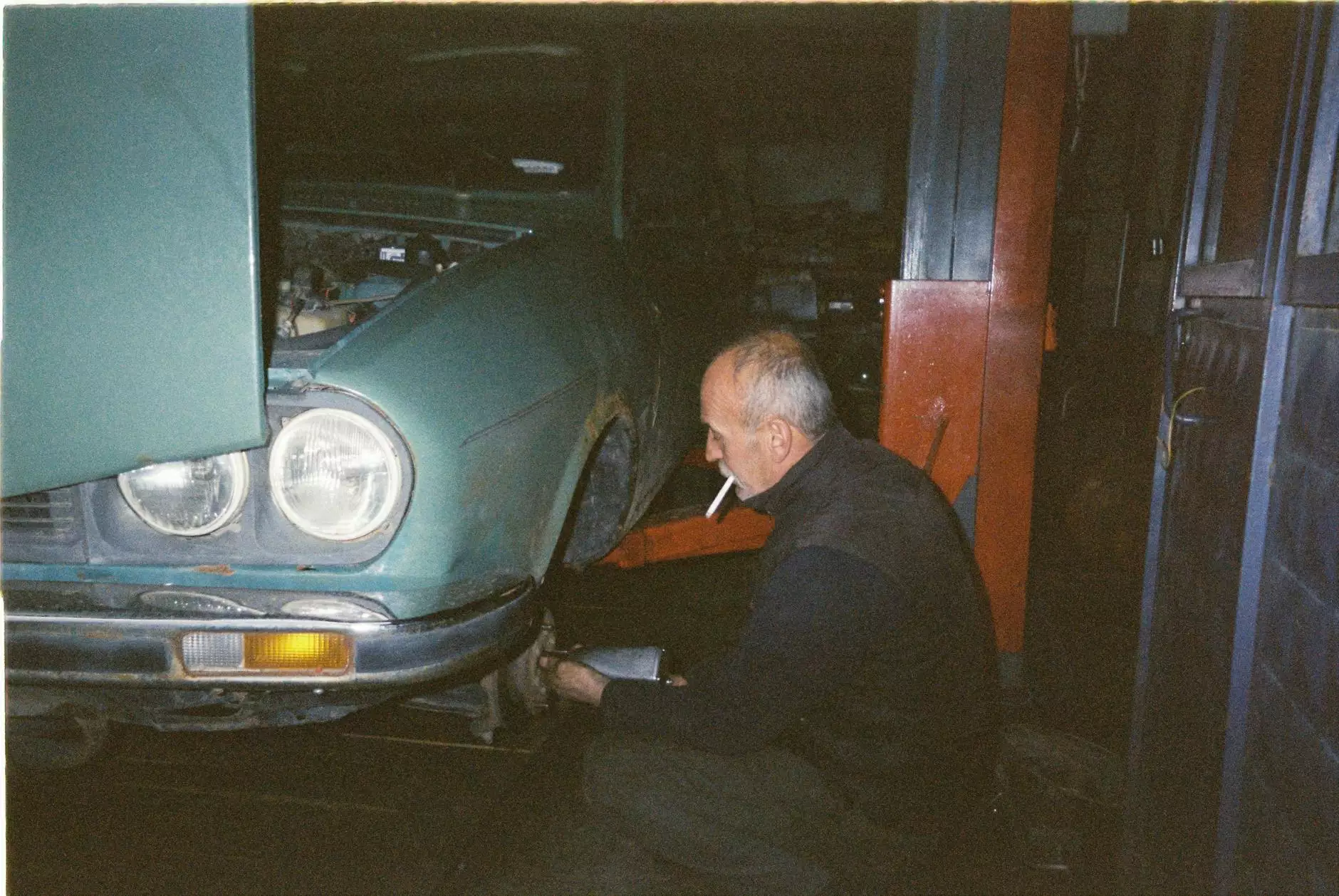Understanding Family Geriatric Medicine

Family geriatric medicine is an essential branch of health care focused on managing the complex medical needs of older adults. As the population ages, the demand for specialized health services, particularly for the elderly, has risen significantly. This article delves into the multifaceted approach of family geriatric medicine, detailing its significance, methodologies, and the comprehensive care offered at facilities like Star Medical.
The Importance of Geriatric Care
Older adults often face unique health challenges that require a different approach compared to younger populations. As they age, individuals may experience a range of issues including chronic diseases, cognitive decline, and functional limitations. The field of family geriatric medicine addresses these challenges through an integrated care model that prioritizes the patient's overall well-being.
Key Aspects of Geriatric Care
- Comprehensive Assessments: Geriatric care begins with thorough evaluations. This includes reviewing medical histories, conducting physical exams, and performing cognitive assessments to understand the patient's health status.
- Chronic Disease Management: Seniors often juggle multiple chronic conditions. Family geriatric medicine focuses on coordinating care for these conditions to improve health outcomes.
- Palliative Care Approaches: Managing pain and offering symptom relief is crucial in geriatric medicine, providing a better quality of life for patients experiencing severe health issues.
Family Involvement in Geriatric Medicine
Family plays a pivotal role in the care of elderly patients. Engaging family members in the health care process enhances communication and ensures that the patient's personal values and wishes are respected. The involvement of families can lead to:
- Better Decision Making: Understanding the preferences of older adults helps families participate in health care decisions.
- Support Systems: Family involvement provides emotional support and encouragement, which are critical for recovery and general health maintenance.
- Education and Empowerment: Families educated about geriatric issues can advocate effectively for their loved ones' health needs.
Innovative Practices in Family Geriatric Medicine
Star Medical integrates innovative practices in family geriatric medicine to enhance the quality of care. This includes the use of technology, interdisciplinary teams, and personalized treatment plans.
1. Technology Integration
Advancements in technology have transformed the way geriatric care is delivered. At Star Medical, telemedicine services allow patients to consult with healthcare professionals from the comfort of their homes, which is especially beneficial for those with mobility issues.
2. Interdisciplinary Healthcare Teams
A collaborative model is employed where physicians, nurses, social workers, and therapists work together to provide holistic care. This ensures that all aspects of a patient’s health are considered, from physical ailments to emotional and social wellbeing.
3. Personalized Care Plans
Every patient is unique, and as such, personalized care plans are crafted. These plans not only address medical issues but also encompass lifestyle, environmental factors, and personal preferences.
Challenges in Family Geriatric Medicine
Despite its benefits, family geriatric medicine faces various challenges, including resource limitations, staff shortages, and the need for consistent training in geriatric care practices. Addressing these challenges is essential to improving health outcomes for elderly patients.
1. Resource Limitations
Many health facilities struggle with inadequate resources. Investment in geriatric services, like those at Star Medical, can enhance the availability of specialized care.
2. Workforce Shortage
The shortage of trained geriatric specialists is a significant barrier. Training programs focusing on family geriatric medicine are crucial to ensure that the workforce is well-equipped to handle the needs of the aging population.
3. Continuous Education
Healthcare professionals must engage in continuous education and training on the latest practices and findings related to geriatric care. This commitment to learning improves patient care quality.
The Future of Family Geriatric Medicine
As we move forward, the field of family geriatric medicine is set to evolve significantly. Emerging trends include:
- Increased Focus on Preventative Care: As health care systems shift towards preventative care, geriatric practices will emphasize early intervention and health promotion.
- Value-Based Care Models: Paying for health outcomes rather than services will drive improvements in quality and efficiency in geriatric care.
- Community-Based Geriatric Services: Expanding services into community settings can increase access to care and enhance the coordination of health services for seniors.
Conclusion
Family geriatric medicine is integral to improving the health outcomes and quality of life for older adults. By prioritizing comprehensive assessments, engaging families, and employing innovative practices, facilities like Star Medical set a standard for excellence in geriatric care. As the field continues to grow and adapt, the focus remains on delivering personalized, efficient, and compassionate care to meet the needs of our elderly population.
In summary, the role of family geriatric medicine cannot be overstated. It is a growing field that requires attention, investment, and advocacy to ensure our elderly receive the quality care they deserve. By raising awareness and improving practices in this domain, we set the stage for healthier, more fulfilling lives for our aging population.









